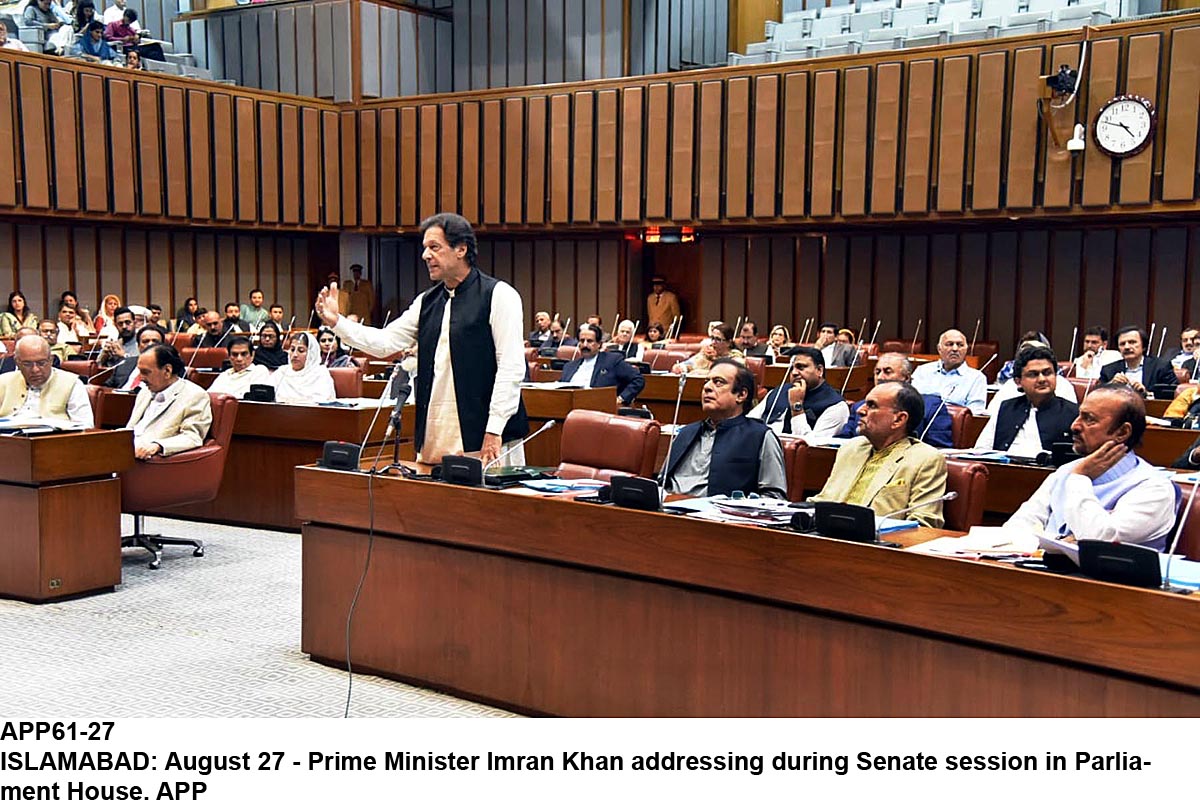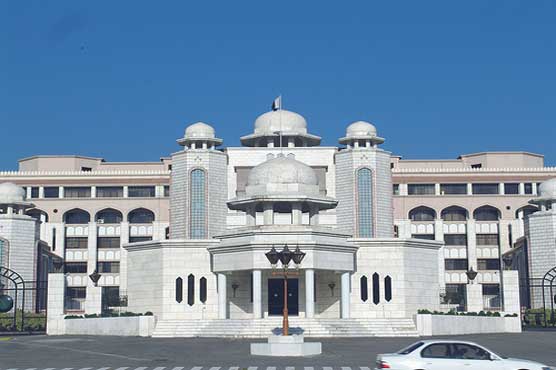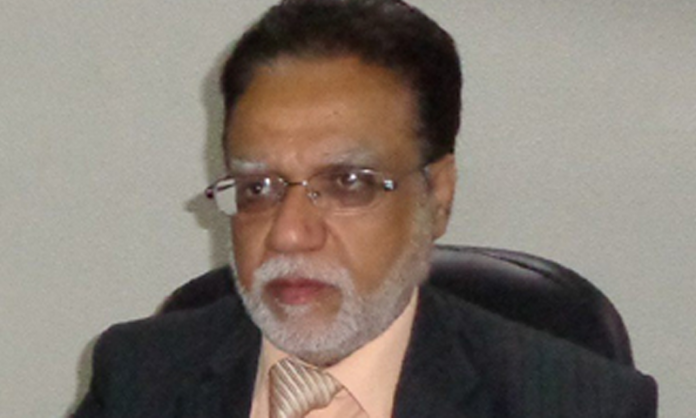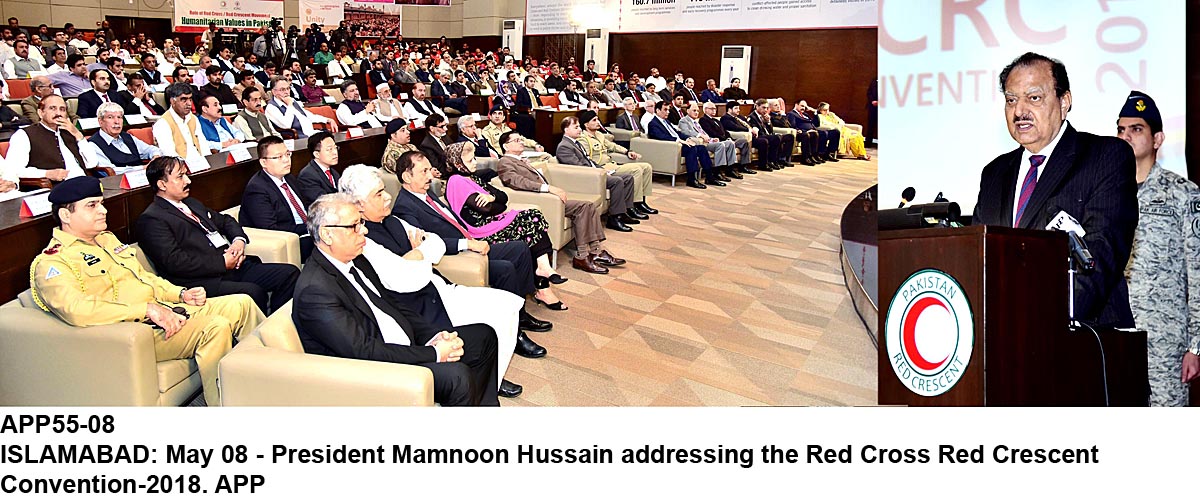The government on Friday, in collaboration with the National Command and Operation Centre (NCOC), has crossed the milestone of vaccinating 70 million eligible people by giving top priority to the health of the masses.
The nerve center of the country in its fight against the deadly contagious disease while paying tribute to the government said all the credit for this success went to Chairman NCOC Asad Omar and his team, who took timely steps to protect the people day and night.
The Forum highlighted that the country at the onset of the contagion lacked facemasks but it managed the uphill task of ensuring Covid-19 vaccine doses and vaccination of the eligible population from the scratch.
At a time, it said when the world was skeptical about Covid-19 vaccines, Pakistan undertook an integrated plan to ensure that not only vaccines were procured on an emergency basis rather special efforts were made to ensure establishment of vaccine storage facility along with vaccine delivery to all corners of the country. Moreover, the process of vaccination was carried out in a befitting manner.
According to sources, groups of people of all ages were formed under a comprehensive plan and then phased vaccination was carried out under that plan.
Vaccination registration and world-class certification under National Immunization Management System (NIMS) were then ensured, it added.
In this regard, all the people who set up the NIMS system and then completed the vaccination process also deserved commendation.
“That is why the international community and the media have praised Pakistan’s efforts against the Covid-19 pandemic,” it said.
Pakistan’s successful strategy against the corona was considered by all global forums be it the World Health Organization or the Economist report, it added.
Pakistan National Heart Association (PANAH) apprised the official of Balochistan Food Authority (BFA) for educating the people regarding dietary risk factors related to Non Communicable Diseases (NCDs) like heart diseases, diabetes and various types of cancer.
In a meeting held here, they also discussed various policy measures required to reduce these risk factors for prevention of these deadly diseases. The joint efforts of the officials of both the institutions for reduction of consumption of sugary drinks and other risk factors of NCDs were assured.
A delegation led by General Secretary and Director Operations of PANAH Sana ullah Ghumman, had a meeting with the officials of Balochistan Food Authority. Munawar Hussain, Consultant Food Policy Programme at Global Health Advocacy Incubator also attended the meeting and presented lesson learnt and evidence from various countries for reduction of consumption of sugary drinks and associated diseases.
Sanaullah said that PANAH has been educating the people for the last 38 years to save them from deadly diseases including heart disease and sugar sweetened beverages are one the major cause of obesity, heart diseases, diabetes and tooth decay.
Sanaullah said that the consumption of liquid sugar through sugary drinks has increased, that is why the incidence of obedity, heart disease, diabetes and other NCDs is increasing. He said that government should consider increasing tax on sugary drinks instead of essential day to day items and could generate targeted revenue through sugary drinks and tobacco.
On the occasion, Munawar Hussain, Consultant, Food Policy Program, briefed the members of Balochistan Food Authority on the harmful effects of sugary drinks. He said that 1100 peoples are dying every day due to diabetes or its complications. The number of people living with diabetes has increased from 19 million to 33 million in just two years. This is an alarming situation and needs urgent policy measures to be in placed for prevention of dietary risks like liquid sugar through sugary drinks.
Increasing tax is an evidence based strategy to reduce consumption of sugary drinks and related diseases. The other measure may include healthy school food policy, front of pack mandatory nutrition labelling, warning signs and increasing public awareness.
On this occasion, the officials of Balochistan Food Authority said that we appreciate the selfless efforts of the PANAH. Sugary drinks are very harmful to human health and Balochistan Food Authorities has already banned these drinks from schools and working to ensure effective implementation of relevant regulations. Together with the PANAH, we promise to provide our full energy for the reduction of consumption sugary drinks and other risk factors of NCDs. Balochistan Food Authority support all possible policy measures to reduce consumption of sugary drinks including increasing taxes in these drinks.









